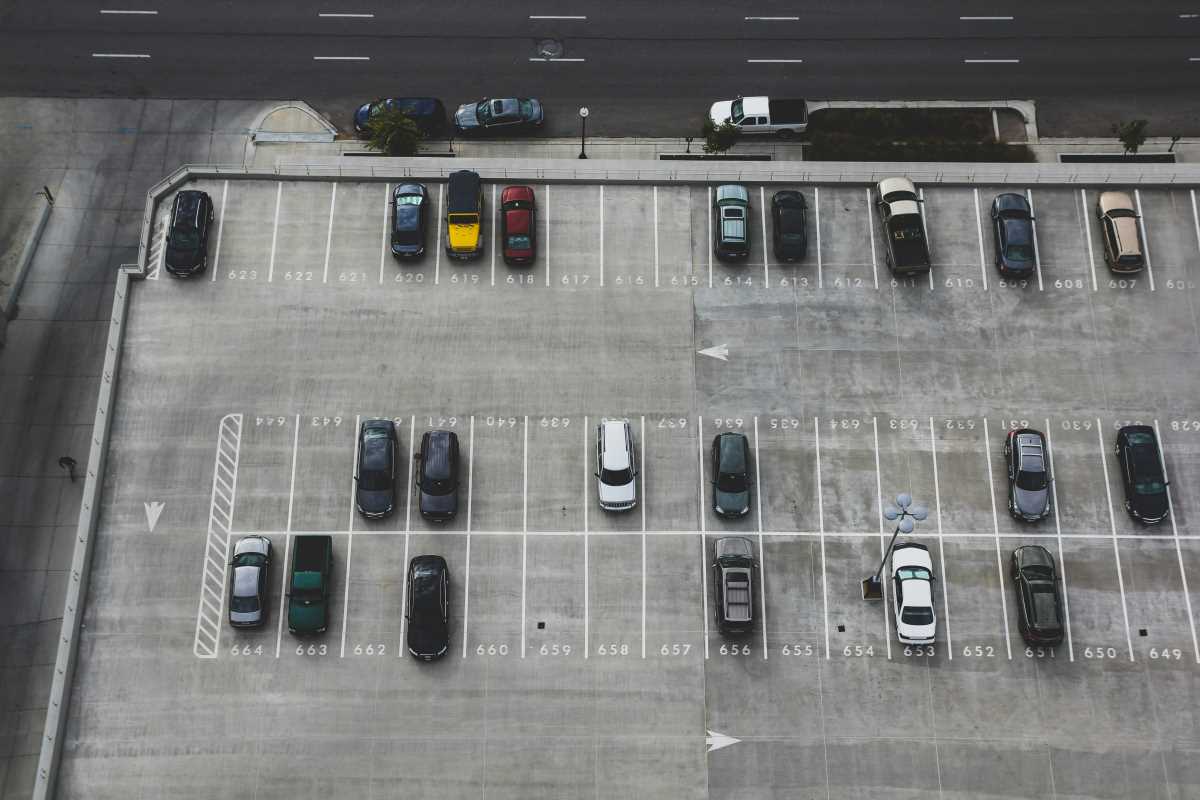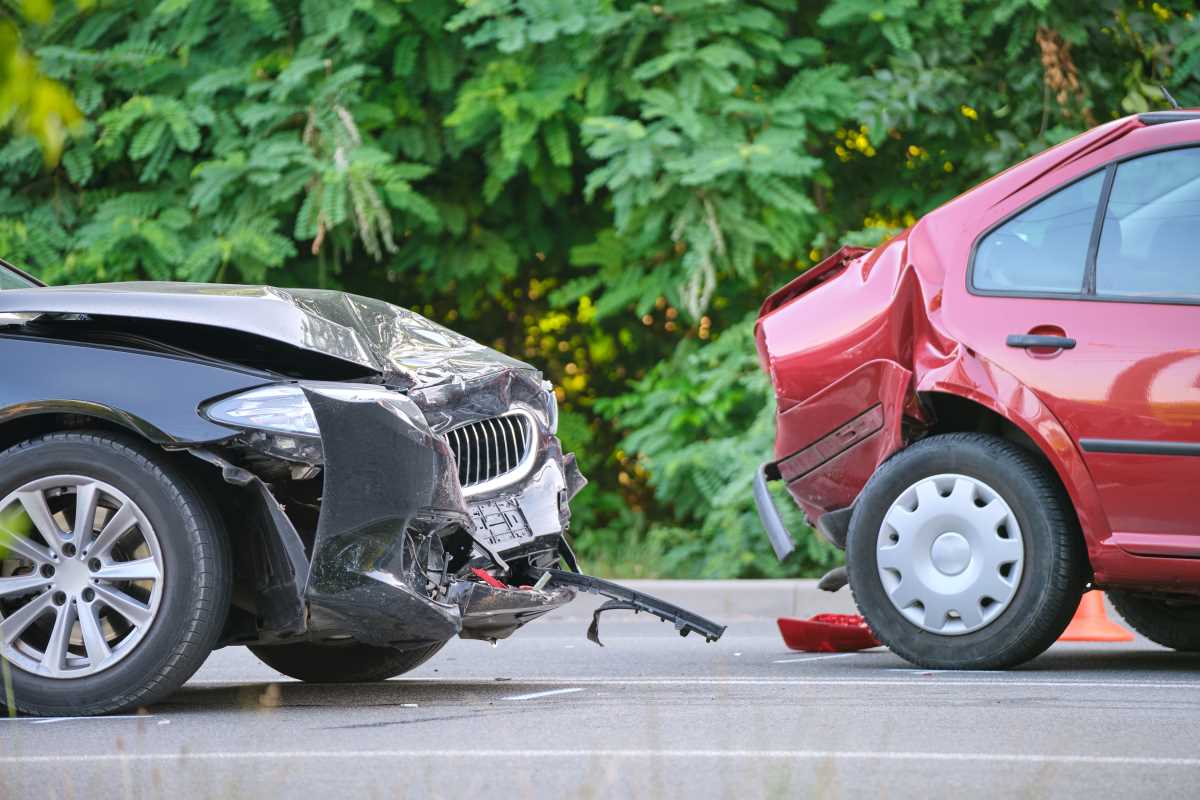When you’re setting up car insurance, the different coverage types can feel like a confusing alphabet soup. You know you need liability, but what about all the extras? While collision coverage gets a lot of attention for covering accident damage, its equally important partner, comprehensive coverage, is often misunderstood. Some drivers see it as an optional add-on they can skip to save a few bucks. However, comprehensive insurance is your primary defense against a whole host of unfortunate events that have nothing to do with a car crash. From a rogue shopping cart on a windy day to waking up to an empty parking spot, it protects your vehicle from the unpredictable. Thinking of it as "bad luck insurance" can help you see why it's a valuable investment for protecting one of your most expensive assets.
What is Comprehensive Insurance, Really?
Think of comprehensive coverage as protection from almost everything except a collision with another vehicle or object. Its official name is actually "other than collision" coverage, which is a perfect description. This is the part of your policy that steps in to pay for repairs or replacement if your car is damaged or lost due to a wide range of non-accident events. While liability insurance covers damage you cause to others and collision covers damage to your own car in a crash, comprehensive is the safety net for all the random, frustrating things that can happen when you're not even driving. It’s a key part of what people refer to as "full coverage."
A Shield Against Life's Unpredictable Moments
The list of what comprehensive insurance covers is long and varied. It’s your go-to protection if your car is stolen. It also covers damage from vandalism, like a keyed door or a broken window. Mother Nature is a big reason to have this coverage; comprehensive pays for damage from weather events like hail, floods, wind, and fire. It also covers damage from falling objects, whether it's a tree branch in a storm or debris on the highway. Another very common use is for animal strikes. If you hit a deer on a country road, it’s your comprehensive policy, not collision, that will pay for the repairs. It even covers things like windshield and glass damage.
How Deductibles and Payouts Work
Just like collision coverage, your comprehensive policy has a deductible. This is the amount of money you agree to pay out-of-pocket for a covered claim before the insurance company pays the rest. Common deductible amounts are $250, $500, or $1,000. Choosing a higher deductible will lower your monthly premium, but you need to make sure you can comfortably afford to pay that amount if something happens. When you file a claim for a total loss, like a theft, the insurer will pay the Actual Cash Value (ACV) of your vehicle, which is its market value right before the event, minus your deductible. This ACV is what the car was worth considering its age, mileage, and condition.
When is Comprehensive a Must-Have?
While not legally required by any state, comprehensive coverage is essential in many situations. If you have a loan or lease on your vehicle, your lender will almost certainly mandate that you carry it for the entire term. They want to protect their financial investment. It is also extremely valuable if you own a newer or more expensive car, as the cost to repair or replace it would be significant. If you live in an area with a high rate of auto theft or vandalism, or a region prone to severe weather like hail storms or flooding, comprehensive is a wise investment. The cost of the coverage is often minor compared to the potential cost of a major repair or total loss.
Common Misconceptions and Exclusions
It's important to know what comprehensive insurance does not cover. It will not pay for damage if you hit another car, a pole, or a building—that's a job for collision insurance. It also doesn't cover normal wear and tear or mechanical breakdowns. If your engine fails, you can't file a comprehensive claim. Another key exclusion is personal belongings stolen from your car. If a thief breaks your window and steals your laptop, comprehensive covers the broken window, but your homeowners or renters insurance would be needed to cover the stolen laptop. Understanding these boundaries helps you have realistic expectations for what your policy can do for you.







